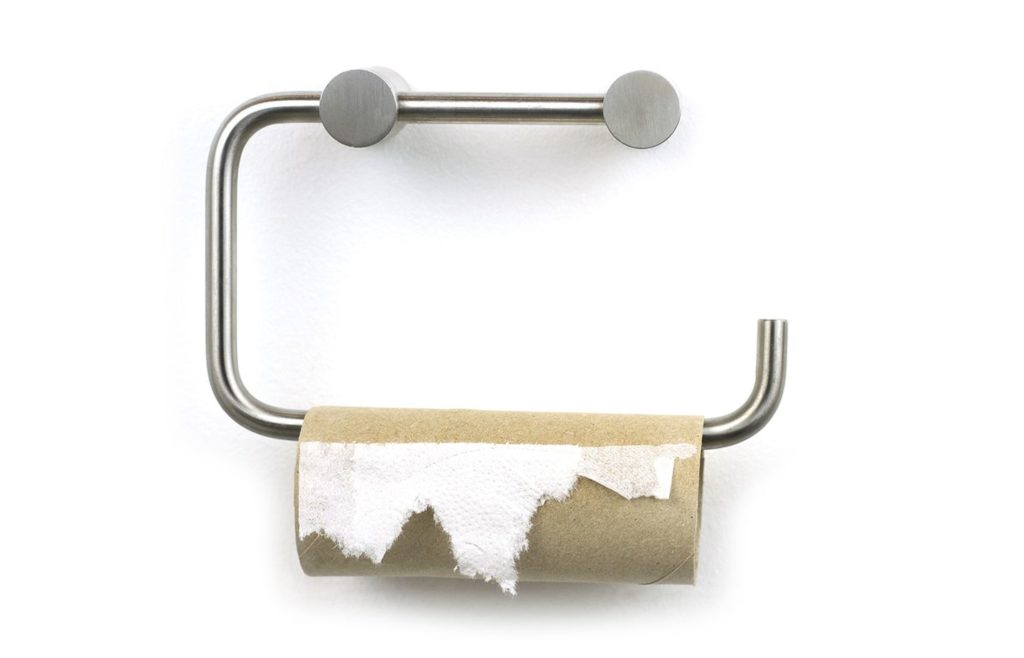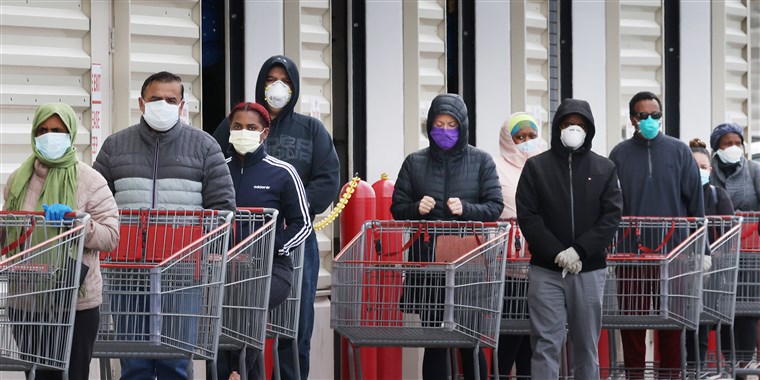Did not know this until just now but a few weeks ago was World Tuberculosis Day, which honors the date the TB bacterium was discovered in 1882. The CDC says no ‘celebration’ until it is eliminated. The discovery came with its own pandemic, killing 1 in 7.
From the safety of 140 years thence, this seemed high and I thought perhaps it was ‘one in seven of those afflicted’ but that seems low, and literature of the time is replete with people dying of consumption, including authors themselves, and it is after all the CDC, so it can’t be wrong.
That word consumption was a’course the old term for tuberculosis, and the entry sounds a bit frosted people continued to call it so even after science and medicine had forever arbitrarily settled the formal and official name of what people were dying from.
But this is OK, because it leaves consumption as a term for the much more widely spreading killer it more directly describes.
Only mentioning this just now not because I can add so much to the discussion — the disease has been as widely diagnosed as it is pursued — because a moment ago I was innocently lolling and several recent flits of information bit themselves into the same part of my psyche, as they do when wanting attention.
In various fora the last few days there was
- noting of K-12 schools continuing to impress children into servitude as salesman of crapulent product — wrapping paper thick as onion skin; cheap ‘crap chocolate’, as an acquaintance calls Hershey’s and its ilk; subscriptions [formerly magazines but possibly online ones now?] none of us want, need, have time for if we’re using it right, etc.
Given the quality and quantity of these items and efforts we may call such schools alimentary.
- an article on debt reduction, in an online publication aimed at young women. What am I doing reading such? A daughter in the pub’s age range sweet spot and recently ran across someone on Twitter who writes on culture for it. And a few days ago I’d read something on Oprah.com about midlife women [which also came in for excoriation by a woman I know who doesn’t like cheap chocolate] and needed a bit of palate cleansing.
Just a bit, as I do want to understand. So there. Online women’s mags; can prolly subscribe via schools.
- realization this very jour that as much as I’d like to be rich and handsome, being presently neither, what I’d most like to be is out of debt. And I’ve been to graduate school; as the kids say, there’s yer problem. The vast vistas that’d open with a few years of fairly concerted effort … might never get rich or handsome but wd def be able to live on a farm, tool around the country in the truck, walk the various caminos [Spain, Wales, Poland, Appalachia … ]
Consumption, a’course, is about actual, well, that is, ill … consuming, and not just money. During our own pandemic a few forms emerged from the general malady — hoarding toilet paper [of all things, tho it makes exquisite sense bec it’s comfort, synecdoche, etc.] and lining up in fast food drive-thrus.
[She’s not a fan of those either.]
Cannot attack drive-thru consumption from vantage of superiority but certainly can knowing whereof I speak. Very very very very bad on both financial and health grounds. Which a’course we know, except not in the Socratic sense or more than material meaning. We have the info, but don’t know it, really not at all, as a species, or at least a people, or there’d be nothing to discuss.
Also didn’t know until right now the term consumption was coined by Hippocrates, c.460 BC. The Greek is phtisis, onomatopoeic in its excellence, and involved, natch, literal consumption by the body of itself, with a middle stage of mere emaciation, ironic in its connections today to debt and drive-thrus. Living large kills us slowly.
And there is this: consumption is also [and more dangerously] still the internal affliction, as it relates to our thoughts, feelings, assumptions about others …
Finally, pace the question of morbidity and mortality raised above in the ‘1 in 7’ statistic, it was essentially always fatal.
So there’s that.


